The title of Farley Aguilar’s exhibition “Phantom Limb” refers to the corporeal sensation of a limb that has been severed from the body–memories scratch and ache, haunted by the historical traumas of slavery that manifest in transgenerational pain and psychic dismemberment. Aguilar’s practice is concerned with the construction of American identity and the fragmented historical narratives that work to uphold structural and institutional racism. Presenting counter-narratives that acknowledge underrepresented historical perspectives, Aguilar exposes the racist underpinnings of the “American dream” and the contradictions (slavery and liberty) embedded in American democracy.
Aguilar’s dynamic paintings–made with oil stick, graphite, and oil paint–reference historical photographs that capture moments and events in American history of underrepresented perspectives and subjects. The painting titled The Mourners depicts a crowd standing alongside a funeral procession for the victims of the 16th Street Baptist Church bombing that took place in 1963 in Birmingham, Alabama. Faces of pain and loss are animated by Aguilar’s emotive use of color and gesture. On the opposite wall, The Ribbon Cutting shows the mayor of New York and the president of General Motors (Alfred P. Sloan) with a group of white male executives standing outside the entrance of the Astor Hotel’s Grand Ballroom posing for a ribbon-cutting ceremony for the General Motors Exhibition in 1932–an era associated with American progressivism and Industrialization. This painting feels tighter, more calculated. Sloan’s piercing red eyes gaze out at the faces of the oppressed (The Mourners), confronting the viewer as if to suggest our complicity. The tension between the two paintings evokes an American dream riddled with anxiety and trauma.
Systemic oppression is sustained, in part, by the passive acceptance of institutional racism and the erasure of non-White historical perspectives from the American narrative. As Isabel Wilkerson points out, “Americans are loath to talk about enslavement in part because it goes against our perception of our country as a just and enlightened democracy, a beacon of democracy for the world…It is as if the greater we distance ourselves, the better to stave off the guilt or shame it induces.” The disavowal of systemic racism in the U.S. is alarmingly evident as conservative Republicans oppose the teaching of Critical Race Theory (CRT), passing legislation banning CRT from school curriculums across the country. Aguilar’s paintings challenge the ahistorical one-dimensional vision of American society that continues to control and deprive the oppressed of agency over past narratives and possible futures.
Night Gallery
2050 Imperial Street
Los Angeles CA 90021
On view through May 7, 2022

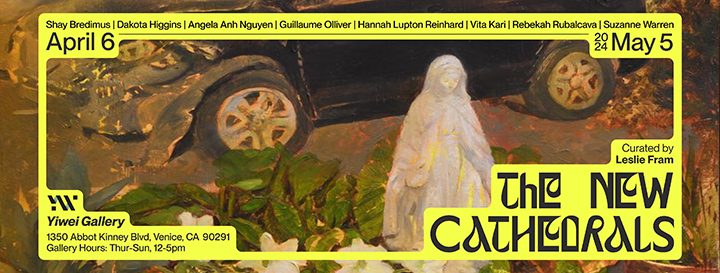



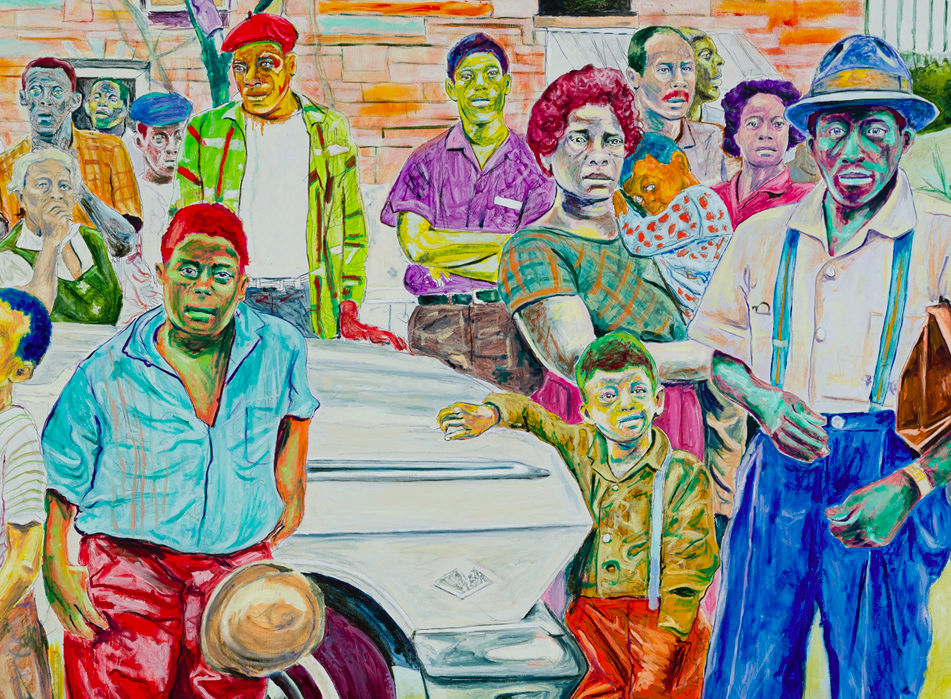
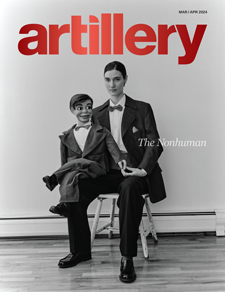
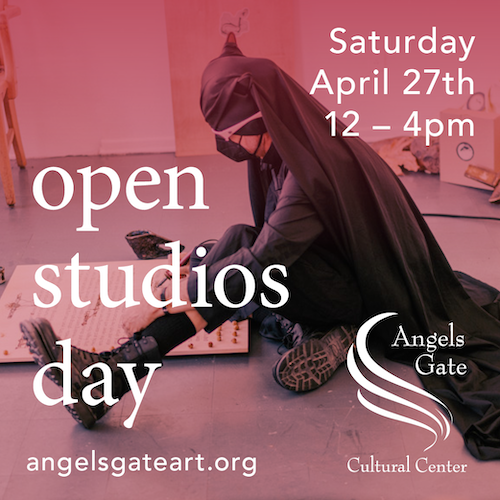


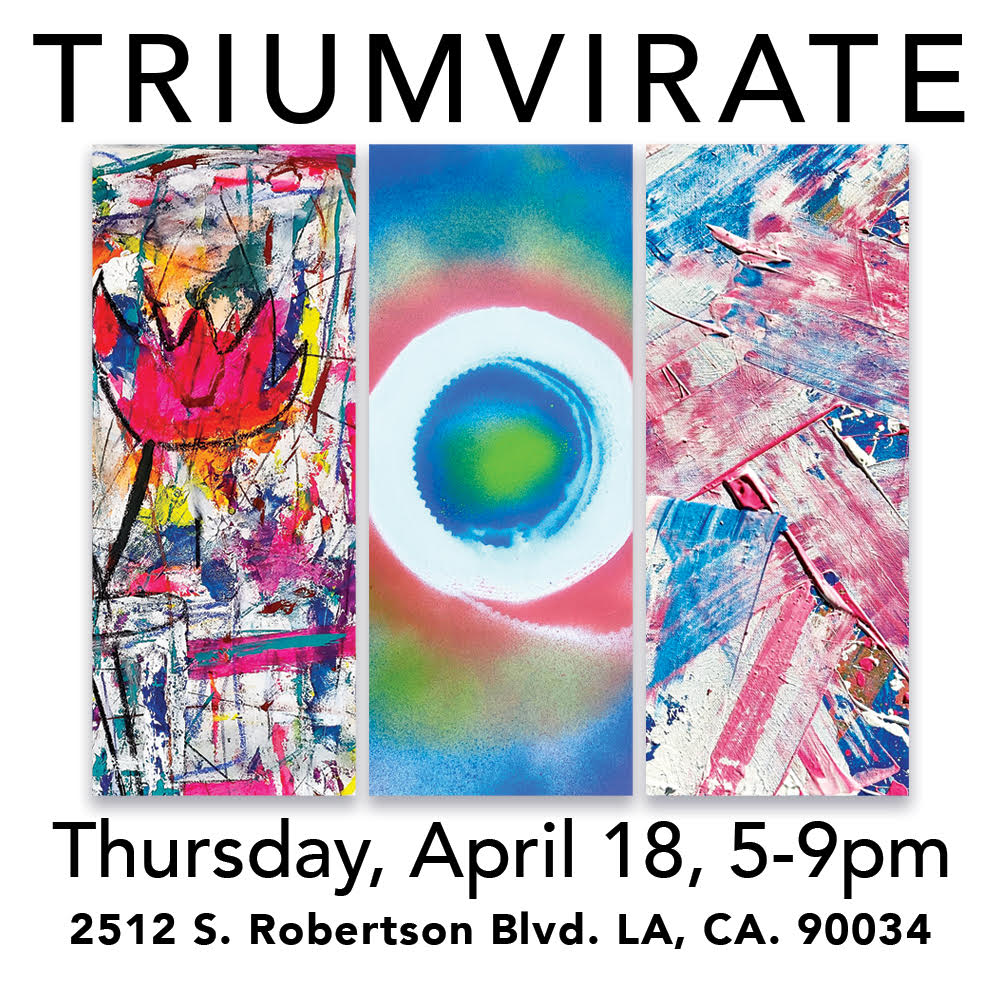
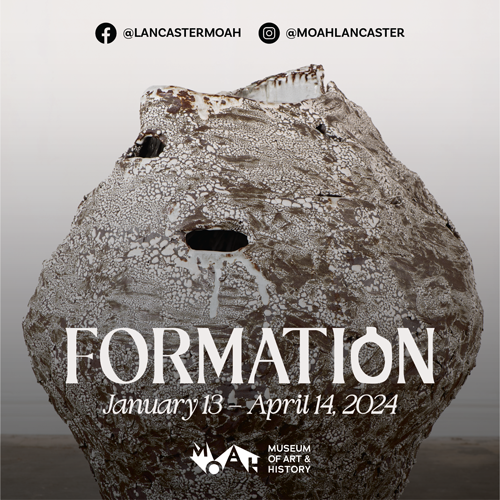
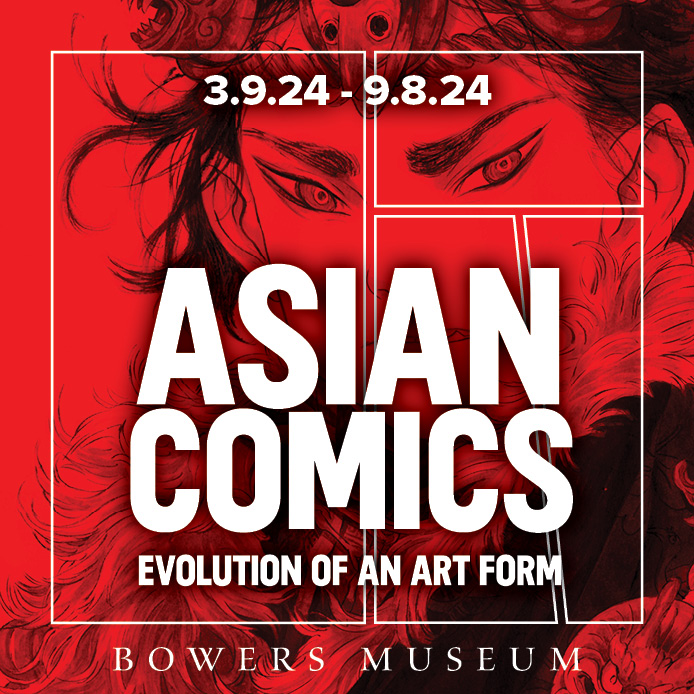

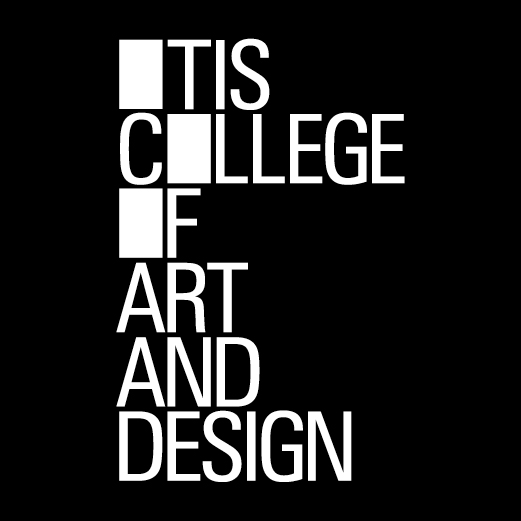
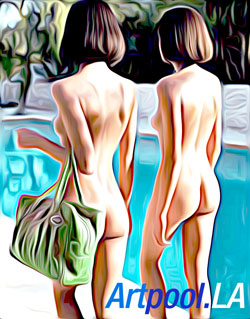
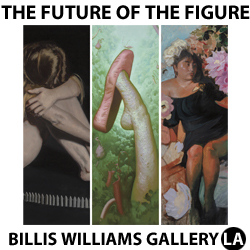

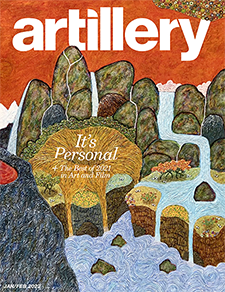
0 Comments